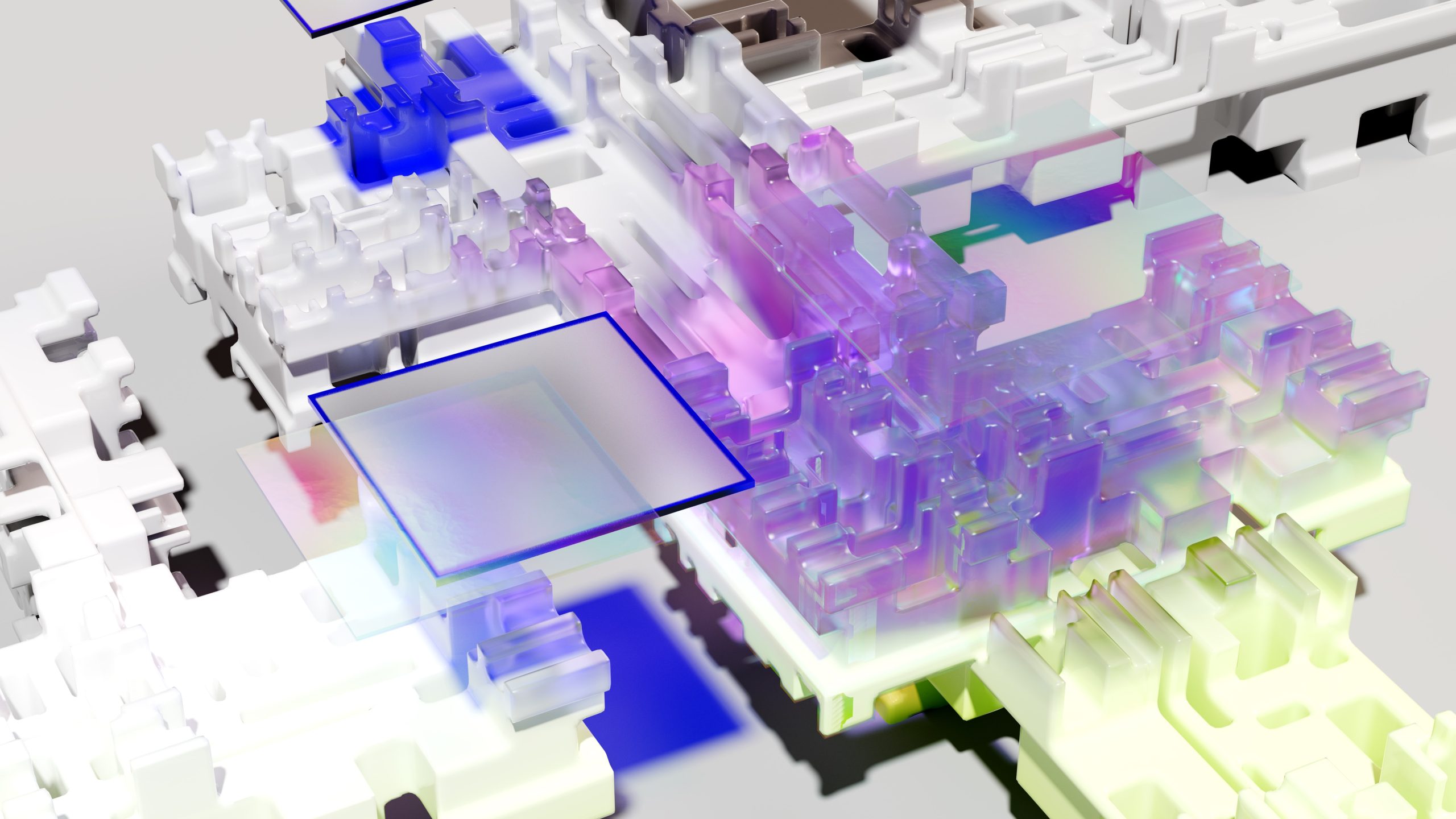Artificial intelligence has been a buzzword for years, but it’s finally time to take the technology seriously. Google CEO Sundar Pichai recently declared that we are in the midst of an “A.I. moment,” where advancements in machine learning and neural networks have reached a critical mass. This moment will change the way businesses operate, consumers interact with technology, and society as a whole functions. In this blog post, we’ll explore what Pichai’s vision means for these three areas and how A.I. could transform our world like never before.
What is A.I.?
A.I. stands for artificial intelligence. There are many different types of A.I., but the basis for each one is feeding a computer data until the computer has the ability to recognize patterns. The computer can then do things such as make predictions, based on the data it was given.
A.I. has been around for centuries in some form or another, but it is only recently that we have begun to see its potential on a large scale. With the advent of big data and powerful computing resources, A.I. is beginning to have a major impact on our lives and our economy.
Some of the ways A.I. is being used today include:
-Autonomous vehicles
-Fraud detection
-Predicting consumer behavior
-Improving search results
-Chatbots
What is Sundar Pichai’s vision for A.I.?
Sundar Pichai, the CEO of Google, has been a big proponent of artificial intelligence (A.I.) and its potential to transform various industries and society as a whole. In a recent interview with WIRED magazine, Pichai outlined his vision for A.I. and how it will impact businesses, consumers, and society in general.
Pichai believes that A.I. will have a major impact on businesses in the near future. He envisions A.I.-powered assistants becoming ubiquitous in the workplace, helping employees with tasks such as scheduling meetings and sending emails. A.I. will also help businesses automate repetitive tasks and make better decisions by analyzing data more effectively. In the long term, Pichai believes that A.I.-powered robots will eventually take over many manual jobs currently performed by human workers, leading to increased efficiency and productivity in the workplace.
For consumers, Pichai thinks that A.I.-powered personal assistants will become increasingly important in our daily lives. He envisions them helping us with tasks such as ordering groceries and booking travel plans. A.I.-powered home assistants such as Google Home or Amazon Echo are already starting to become popular consumer devices, but Pichai believes they will become even more ubiquitous and integrated into our lives in the future.
Finally, Pichai believes that A.I.-powered systems will eventually play a major role in solving some of society’s most pressing problems such as
What does this mean for businesses?
In his annual letter to shareholders, Google CEO Sundar Pichai laid out a bold vision for the future of artificial intelligence (AI). He described a world in which AI is deeply woven into all aspects of our lives, from the way we search for information to the way we interact with friends and family.
Pichai’s letter provides a glimpse into how Google sees AI impacting businesses, consumers, and society as a whole. For businesses, AI will change the way they interact with customers and employees. Consumers will benefit from more personalized experiences and increased convenience. And society will be transformed by new applications of AI in areas like healthcare and education.
Pichai’s letter is just the latest example of how companies are starting to think about the impact of AI on their business. As AI becomes more ubiquitous, businesses will need to reevaluate their strategies for interacting with customers and employees. They will also need to consider how AI can be used to create new products and services that solve real-world problems.
What does this mean for consumers?
What does this mean for consumers?
In the near future, AI will become increasingly prevalent in our everyday lives. Consumers will benefit from increased convenience and efficiency as AI-powered devices and services become more commonplace. For example, imagine using your voice to control your home’s lighting, temperature, and security system or ordering a product with just a few clicks on your smartphone.
In addition to making our lives more convenient, AI will also help us make better decisions by providing us with more personalized recommendations and suggestions. For example, you may receive a notification on your phone about a sale on items that you typically purchase or a recommendation for a new restaurant based on your previous dining habits.
AI will also play a role in improving public safety. For instance, autonomous vehicles equipped with AI sensors and cameras can help reduce traffic accidents by detecting potential hazards on the road. Similarly, AI-powered security systems can be used to monitor large public areas for potential threats.
Overall, the advent of AI will bring many benefits to consumers in terms of convenience, efficiency, and safety.
What does this mean for society?
This is a pivotal moment for society. With the rapid advancement of artificial intelligence (A.I.), businesses and consumers are starting to reap the benefits of this technology. A.I. is changing the way we live and work, and its impact is only going to grow in the years to come.
As A.I. becomes more ubiquitous, businesses will need to adapt to survive and thrive in this new landscape. Consumers will also need to be more aware of how A.I. is affecting their lives and make sure they are comfortable with the level of control they have over their personal data.
A.I.’s impact on society will be far-reaching and profound. It has the potential to improve our lives in countless ways, but we must tread carefully to avoid any negative consequences.
Conclusion
The A.I. Moment is an exciting time for businesses, consumers and society at large as Artificial Intelligence entrenches itself further into our lives, becoming a part of everyday life. Sundar Pichai’s vision has created a ripple effect that will continue to drive the development of technology and shape how we interact with the world around us in the future. With so much potential to change our societies for better or worse, it is important that this moment is handled responsibly and effectively by those in control if we are to create a brighter future for generations to come.




